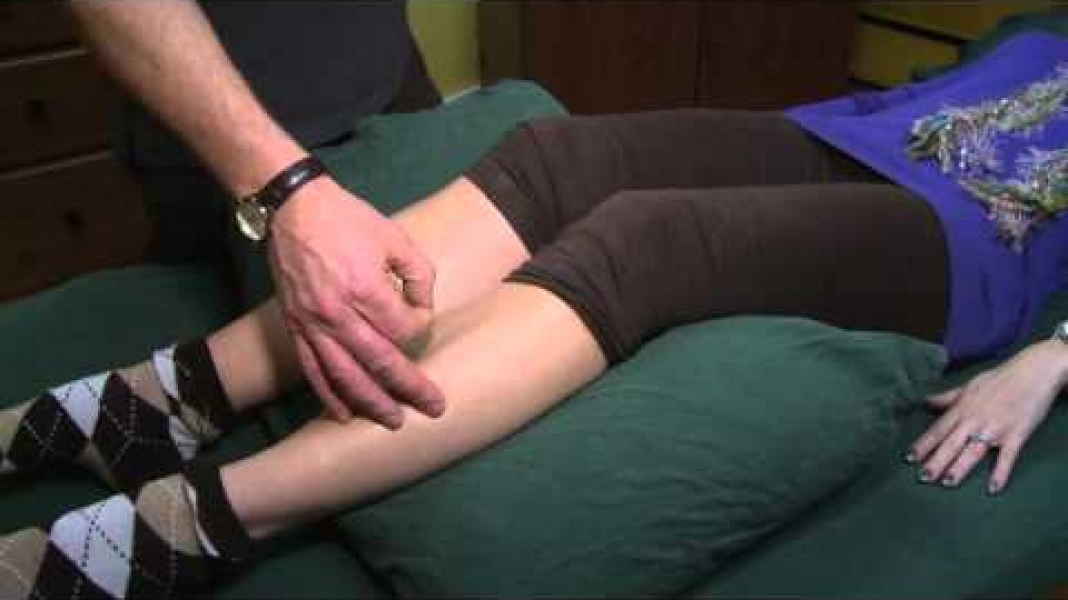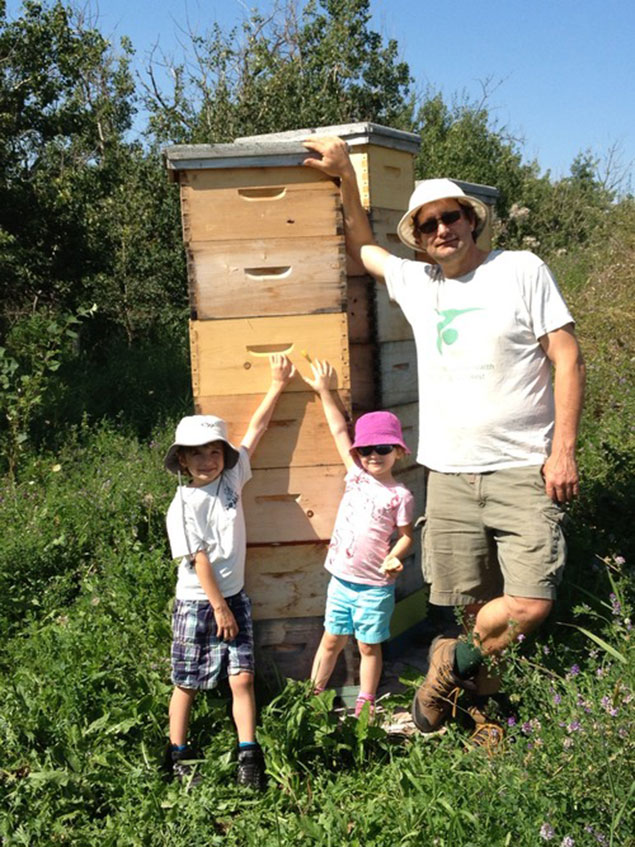
by Gord Grant, PhD., RAc.
Wikipedia says: “Leisure, or free time, is time spent away from business, work, domestic chores, and education.” It goes on to qualify it – “The distinction between leisure and unavoidable activities is not a rigidly defined one” and then further; “Certainly most people’s leisure activities are not a completely free choice, and may be constrained by social pressures, e.g. people may be coerced into spending time gardening by the need to keep up with the standard of neighbouring gardens.”
I think Wiki is right to say that it is a hard idea to peg down, including the notion of “free” time!
In her book, “Overwhelmed: Work, Love, and Play When No One Has the Time” Brigid Schulte argues that despite having more “leisure time” than ever before, our society is clearly not benefiting from it. Moreover, she says we have contaminated the very notion of leisure. As a people, we are overwhelmed. Schulte’s insight is that the original meaning of leisure describes a state where you can sense your humanity. In this place, we intuitively take a clear census of our lives. From the original notion of leisure, each could affirm or remember what is important and uniquely essential. From here one can belong, fit into his or her own skin, and can make good decisions.
Not having adequate leisure time can show up in our relationships, in our emotional and mental wellbeing, in our performance at work, and ultimately in how we show stress through chronic diseases and addictions. I am in the business of seeing and treating the consequences of stressors, even though I have not acheived real “balance” in life myself. In fact, with the ever changing nature of our lives, I question if we can ever be in “balance”. Today, we have to be super people, super moms and super dads, by having it all, doing it all, and being all things to all people. Many of us can call leisure time running out the door to work out at the gym, or drop the kids off at soccer. Or it could be frantically lining up and facing travel delays, flying off on a holiday that has a tight itinerary of tours and sights to see, ostensibly to recuperate from a hectic life at the office. The possibility of standing down from our cell phones and goals, even from our “leisure activity” schedule, just for a day, seems unreasonable or if sensible and therapeutic, unachievable!
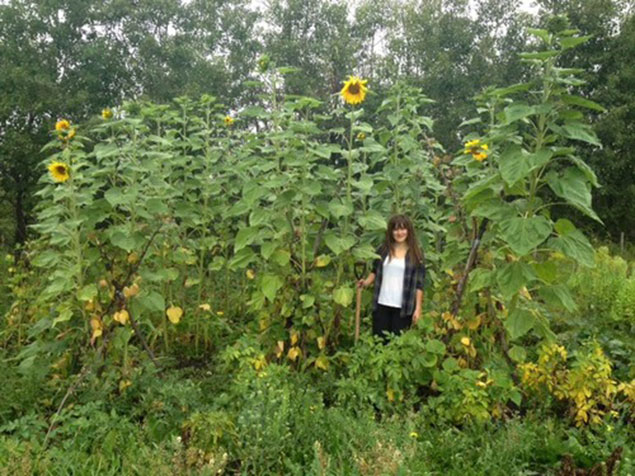
I really struggle with this concept of leisure. Many of my clients bring me impressive stories of their journeys to find the space and time to experience more of the essential and important things of their lives. And they tell me of how not doing this has affected their wellbeing and sometimes, their health. Myself, I can relate. I have a highly scheduled life. I own and run a busy clinic, which is the culmination of my passion and the idea of vocation, in the literal meaning of the word. Here, I engage a dynamic team and clients more hours than most do in a salaried job. I also teach courses at university, and frequently am a consultant to scientists helping them achieve research grants. I am a father to four children and a husband to Suzanne, my wife, my best friend. I have friends and extended family who are very important to me. I get involved with many “extra” projects which, although they stretch me sometimes, give me life, integrity, and energy. More often than not, they have changed my life for the better, positively impacting or influencing the people in my life. But life has cycles. Sometimes I am overwhelmed, or worse, don’t see or deny the signs of strain; here my health, my resilience, and my capacity to be there for myself, let alone others, pays the price.
The painful and difficult dilemma comes when we face that we sincerely show what is important by giving our finite time, not just our good intentions. Lately, in the last few years, I am trying less to obtain any notion of “life balance” — for me now, it conjures a goofy image of a clown juggling too many balls. Just slowing down is hard and not always convenient. The habit of having quietness and time to meditate has been critically important in my daily and weekly resilience and ability to focus and act on what is important to me. Yet for me, dealing with this time paradox means going beyond slowing down and balance. The contemporary poet, David Whyte, said it well in his book, “The Three Marriages: Reimagining Work, Self and Relationship”. He uses poetry to describe this long-standing problem humans have had in serving yourself, your career, and your key relationships in sequence, or by “multitasking”, as if it were a balancing skill – doing this frames them as separate. He said that “separating these “marriages” in order to balance them is to destroy the fabric of happiness itself.” “Only by understanding the journey involved in each of the three marriages and the stages of their maturation”, he says, “can we understand how to bring them together in one fulfilled life.”
So when I look at leisure time, I choose to see it more as a certain way of thinking, or perceiving. Yes, it is still about finding “free” time to be with myself, or my family and friends (and my projects!), but it is more about how I approach them with the space and time that they need.
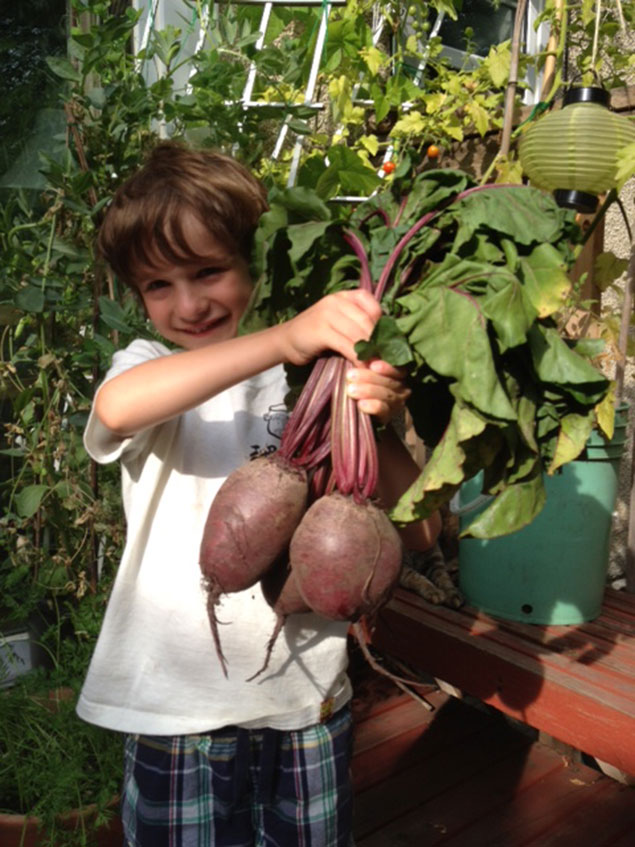
For me, and for most I think, we need to “set it up” and plan it if we are going to achieve leisure time. But at its root, it is a “freedom” of mind, where one can be authentic, spontaneous, and can stand down from performing for or impressing another. It is just being who you are. It could be by yourself, alone, or with a good friend, or with family – or not. It could be at work or on holidays, at a planned event or spontaneous and unexpected. But any of these people or activities, in and of themselves, do not satisfy what leisure necessarily is. It depends on your needs, your nature, and your particular circumstances and outlook.
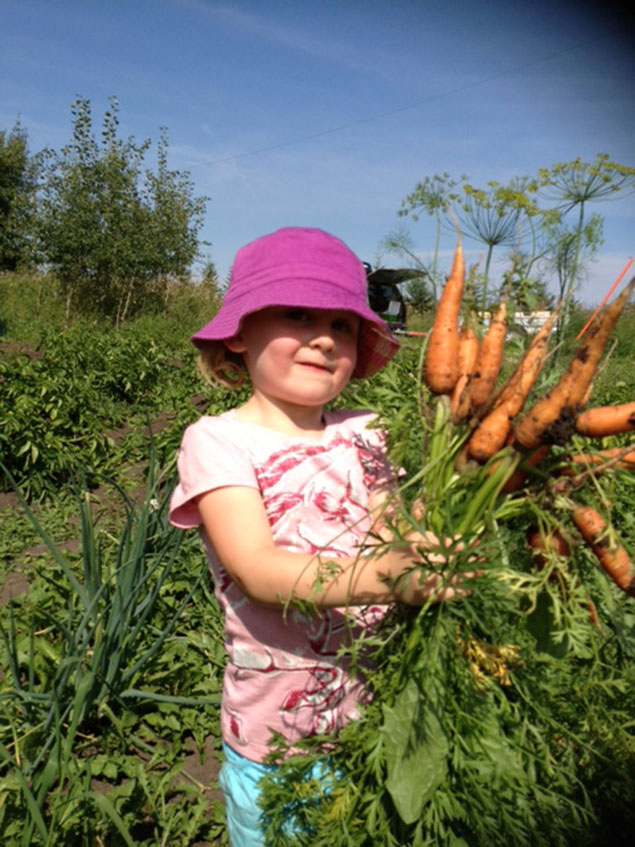
One of my many projects is organizing a gardening expedition out of town with my family – yes, we call it an expedition. After reading Schulte, I realized this is getting close to her definition of leisure for me. Let me explain. I, or I and my family, leave for the day to a plot of land south of Beaumont (usually it’s Sunday, but it can be other days based on the needs of the garden and our needs for leisure).
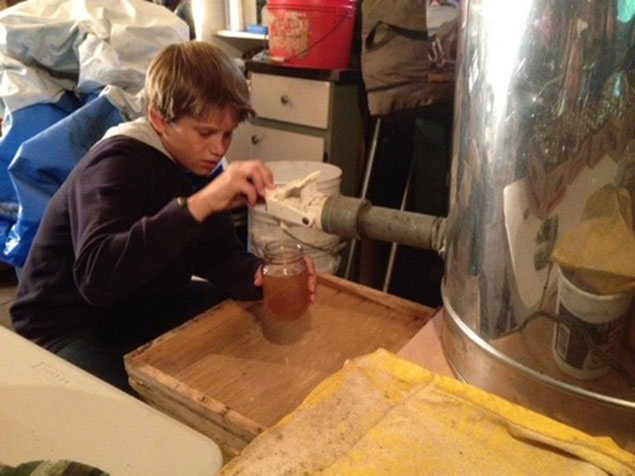
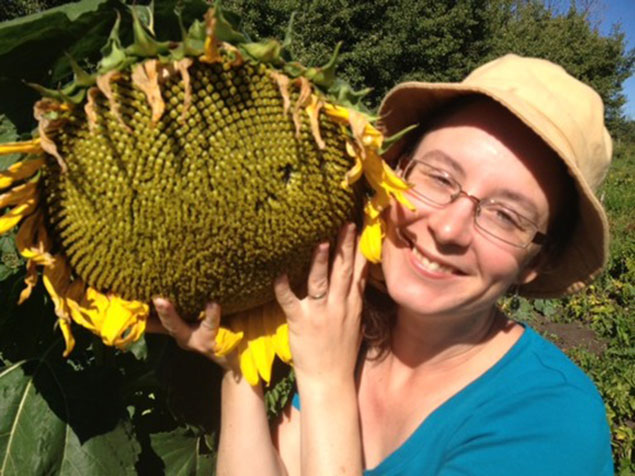
We spend the day where there is no noise but the birds, and wind and sound of insects (various ones, including mosquitoes, but also 150,000 honey bees from our few hives). We do beekeeping, we dig, we seed, we plant, we water, we weed, we harvest, we eat and drink – we talk, we don’t talk. Hours go by. We come home tired, hot, scratchy and dirty; but rested in some deeper way. We come home having been together differently than if we had stayed at home busy on our cell phones and iPads and toys and games, or getting “chores” done. We come home having been lost in a place beyond busy, beyond boredom, beyond productive. We come home knowing what is important, each in his or her own way. We are feeling our humanity (with more humility) once again.


